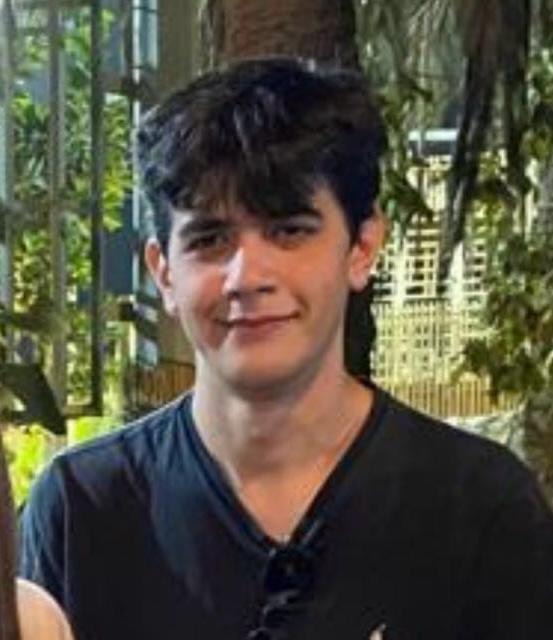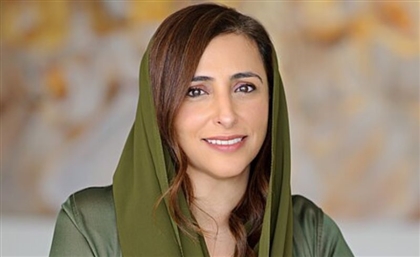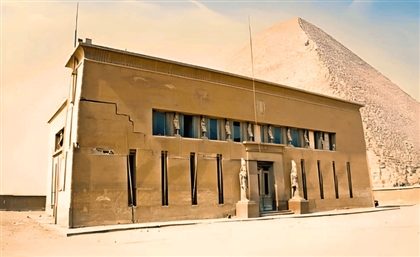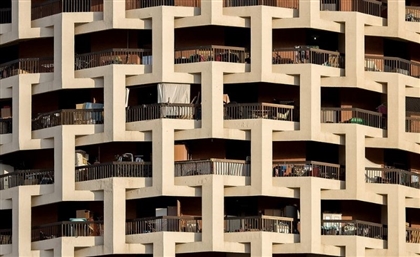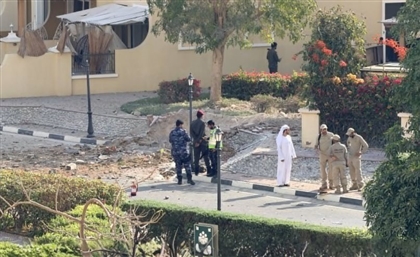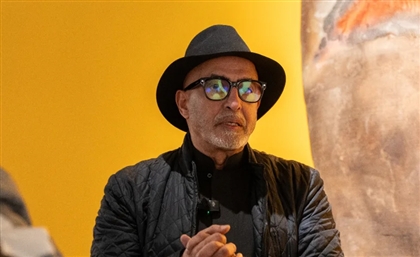Maryam Abdullah on Being the First Arab Woman to Visit Every Country
Maryam Abdullah didn’t set out to visit every country in the world. But by 2024, she had quietly become the first Arab woman to do so.

When Maryam Abdullah stepped into the final country on the map in June 2024, the moment felt unexpectedly quiet. No fanfare, no finish-line adrenaline. “I didn’t feel the usual rush of excitement or triumph,” she tells SceneTraveller. “It wasn’t about ticking off a list or achieving a goal—it was more like a quiet awakening.”
That stillness marked the end of a 12-year journey. The Kuwaiti engineer—armed with an MBA and an insatiable curiosity—hadn’t set out to break records. But when she boarded a flight to Brazil in 2012, she unknowingly began a path that would lead her to all 197 countries in the world, becoming the first Arab woman to do so.
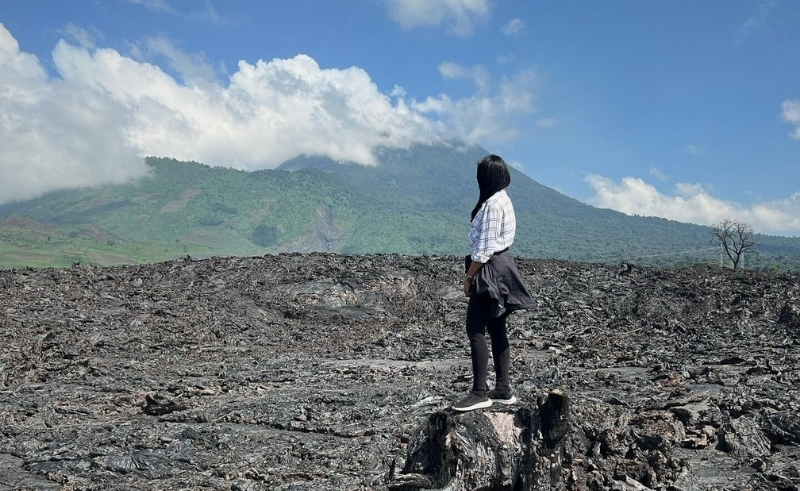
“I never set out with the goal of visiting every country,” she says. “I just wanted to understand how people lived, how they treated each other, how they welcomed strangers.” As the list of unexplored places dwindled, the scale of what she was doing began to reveal itself. “It became harder to find places I hadn’t already explored. That was the moment it truly hit me: I was nearing the finish line."
From the very beginning, Abdullah gravitated toward places untouched by globalization—Madagascar, Afghanistan, Iran, North Korea—seeking experiences unfiltered by Western cafés or fast food chains. “I wanted to witness life on its own terms, not shaped by the same brands or habits we see everywhere.”
The road wasn’t always smooth. Crossing borders in West Africa during the COVID-19 pandemic meant facing curfews, shuttered transit, and impassable roads. “Sometimes I had to hitchhike,” she says. “There were places known for robbery, places where the only help came from locals who were struggling themselves.” What struck her most wasn’t the hardship—it was the generosity.
Her definition of “every country” wasn’t dictated by convenience or politics. “If a country was open to travellers and I could safely engage with its people, then it was part of my journey.” She carried a camera, not to document landscapes, but people—the faces and conversations that shaped her understanding of the world.
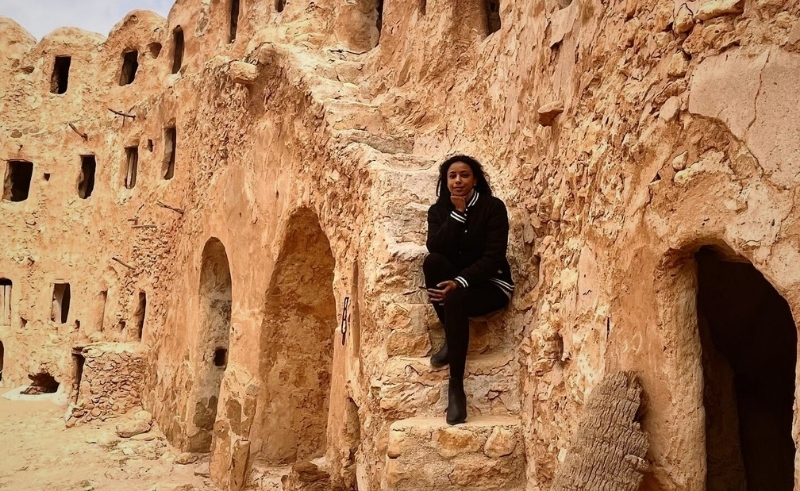
Travelling as an Arab woman added a layer of complexity: “Sometimes I was met with suspicion, other times, fascination. Either way, I learned to move through it.” Her strongest lesson? “It’s been a journey of self-empowerment. My core stayed rooted—but my outer shape became universal.”
Even in conflict zones, Abdullah prioritized adaptability and connection. “Plans had to change constantly, and sometimes that meant leaving a place suddenly or changing direction entirely.” That flexibility, she says, was the key to staying safe—and understanding the human stories unfolding within conflict.
Over time, the more she saw of the world, the more clearly she understood home. “Travel actually sharpened my connection to my roots. But I also feel less tied to any singular identity. I’ve become fluent in this language of belonging that doesn’t need borders.”
Now, she seeks depth over novelty. “Boredom comes when I’m in environments that lack curiosity or meaning. What surprises me now isn’t the view—it’s the spirit of a place, the way people break your expectations with kindness.”
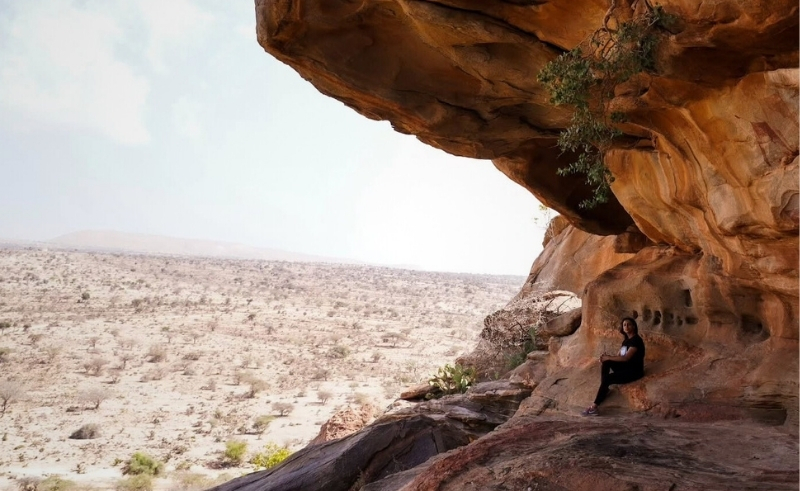
For Maryam, ticking off every country was never the goal—it was simply the vessel. The real destination was always deeper: building confidence in unfamiliar spaces, seeing herself reflected in strangers, and representing an Arab womanhood that is bold, curious, and unafraid. Only after all that could she offer advice—not as a checklist champion, but as someone who learned how to belong anywhere by being fully herself.
“Don’t let those limits define you. Those invisible red lines we’re taught not to cross? They vanish the moment you step into the unknown."
- Previous Article Under Saudi Reef’s Rural Support Program Rainfed Crops Surge 1,100%
- Next Article Inside Egypt’s Seven UNESCO World Heritage Sites







